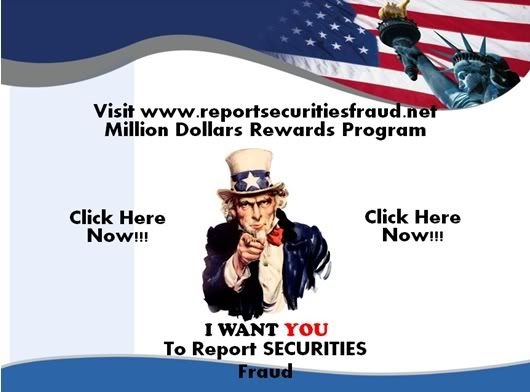Washington D.C., July 26, 2013 —
The Securities and Exchange Commission today charged the former CEO of a Houston-based investor relations firm with insider trading in the securities of multiple firm clients.
The SEC alleges that Stephen B. Gray obtained confidential information about the companies while the firm assisted them with drafting and publishing press releases to announce quarterly and annual earnings, mergers and acquisitions, and other major events. Gray then traded on the basis of that material, non-public information for profits and avoided losses of more than $313,000 during a 13-month period. Gray disregarded the firm’s standard agreements with clients to protect confidential information and use it solely for business purposes, and he also flouted the firm’s “statement of policy regarding securities trades” that prohibited trading by firm personnel when in possession of non-public information about clients. Gray was fired last October after the firm learned about the SEC’s investigation.
“As head of an investor relations firm that helped clients prepare announcements of material events, Gray had unique access to extremely sensitive and confidential information before the rest of the world received it,” said David Woodcock, Director of the SEC’s Fort Worth Regional Office. “Gray boldly abused his position for the sake of illegal insider trading profits.”
David L. Peavler, Associate Director of the Fort Worth Regional Office, added, “Gray not only knew the firm’s policies that prohibited employees from trading on confidential information gleaned from clients – he authored them. While Gray was personally requiring firm employees to sign copies of the policies he wrote, he was insider trading himself.”
According to the SEC’s complaint filed in federal court in Houston, Gray illegally traded in the securities of at least six firm clients. Employees often asked Gray for advice on press releases based on his status as the firm’s CEO as well as his experience as a former CEO of a public company. Gray asked employees about forthcoming material transactions or announcements before they became public, and he sometimes met directly with clients to discuss confidential information with them. Gray also helped maintain the firm’s shared computer network drive, which included drafts and final versions of all relevant press releases.
According to the SEC’s complaint, Gray opened his only trading account in September 2009 and borrowed funds from his life insurance policy to fund his trading activity. Despite the firm’s policies, the overwhelming majority of Gray’s trades involved securities of the firm clients, and he did not disclose his trades or his intention to trade to the firm or clients. At first, Gray primarily traded in the common stock of firm clients, sometimes holding the securities for months at a time but on other occasions compiling shares immediately before a major announcement. For example, on May 5, 2011, The Men’s Wearhouse issued a press release announcing higher than expected earnings per share for its quarter ending April 30. Its stock price increased 16 percent upon this news. While in possession of material non-public information about Men’s Warehouse about the impending announcement, Gray made an electronic calendar appointment for himself on April 29 with the subject: “Buy MW stock ahead of early June earnings release.” On April 30, Gray created another appointment with the subject: “Buy MW stock??” On May 3 and 4, he purchased 4,323 shares of Men’s Warehouse stock. Gray sold his shares on May 5 after the announcement for an illegal profit of $17,397.
According to the SEC’s complaint, later that same year Gray began engaging in more risky and lucrative short-term options trades in which profits were facilitated by his knowledge of inside information. In several instances, Gray purchased very short-term call and put options contracts. For instance, Gray’s firm worked with Powell Industries on drafting a press release in late 2011 to announce that its financial statements for the second and third quarters would be restated. Based on this material, non-public information, Gray purchased 15,000 Powell put options between October 18 and November 3. All of these options had the shortest term available. Powell issued the press release on November 8, and its stock price declined by 22 percent. Gray immediately sold his options for a profit of $82,570.
The SEC’s complaint charges Gray with violations of Section 17(a) of the Securities Act of 1933, Section 10(b) of the Securities Exchange Act of 1934 and Rule 10b-5, and seeks a final judgment ordering him to disgorge all of his ill-gotten gains with prejudgment interest and pay financial penalties. The complaint also seeks permanent injunctive relief.




























